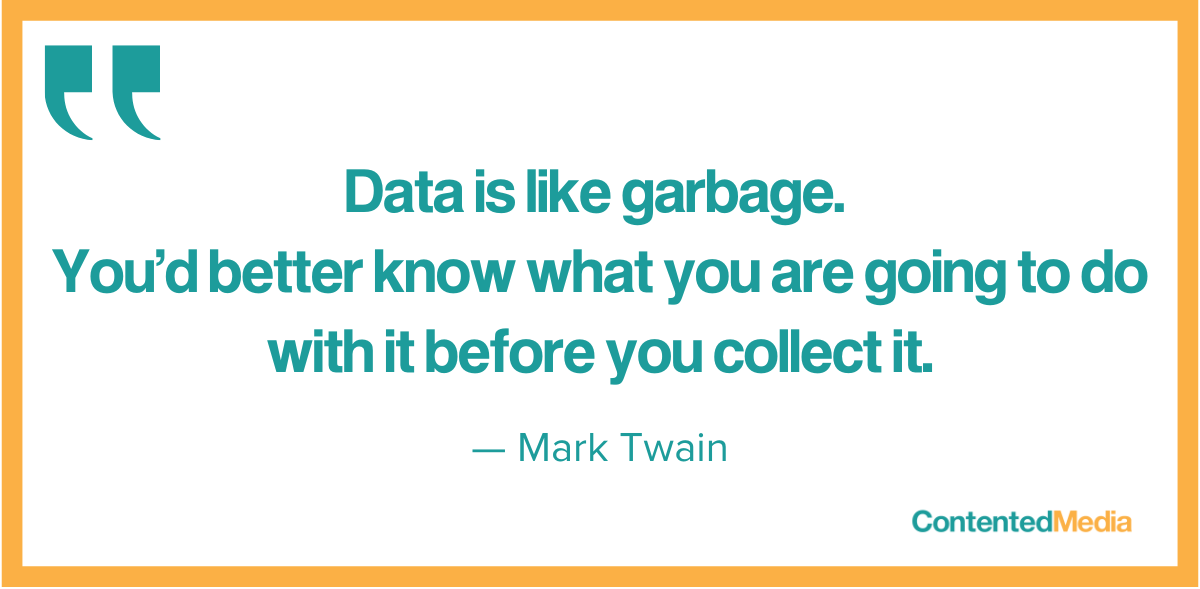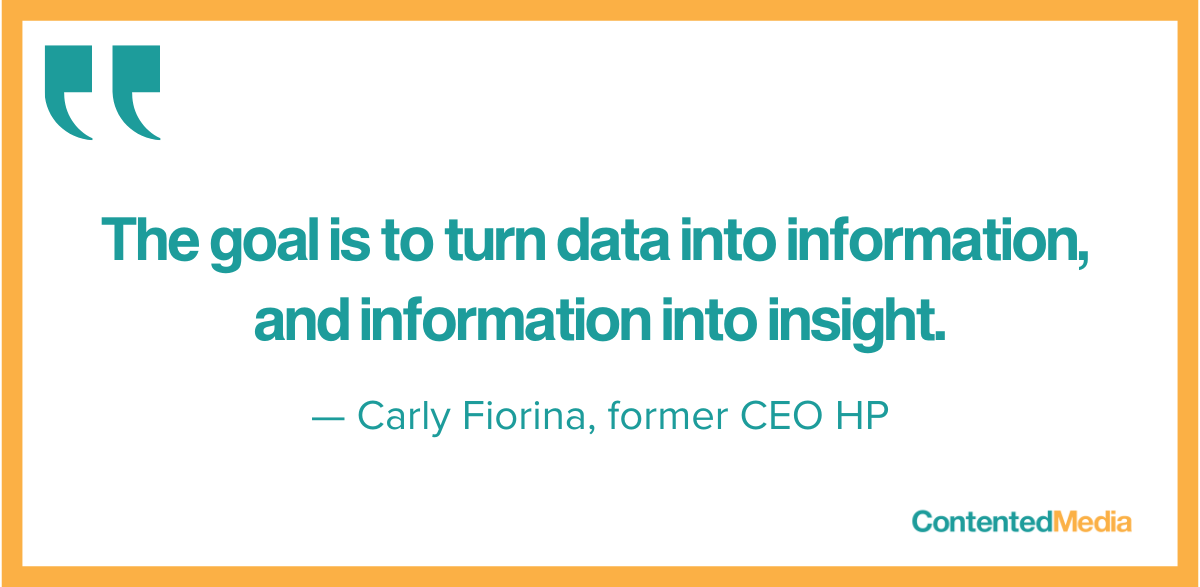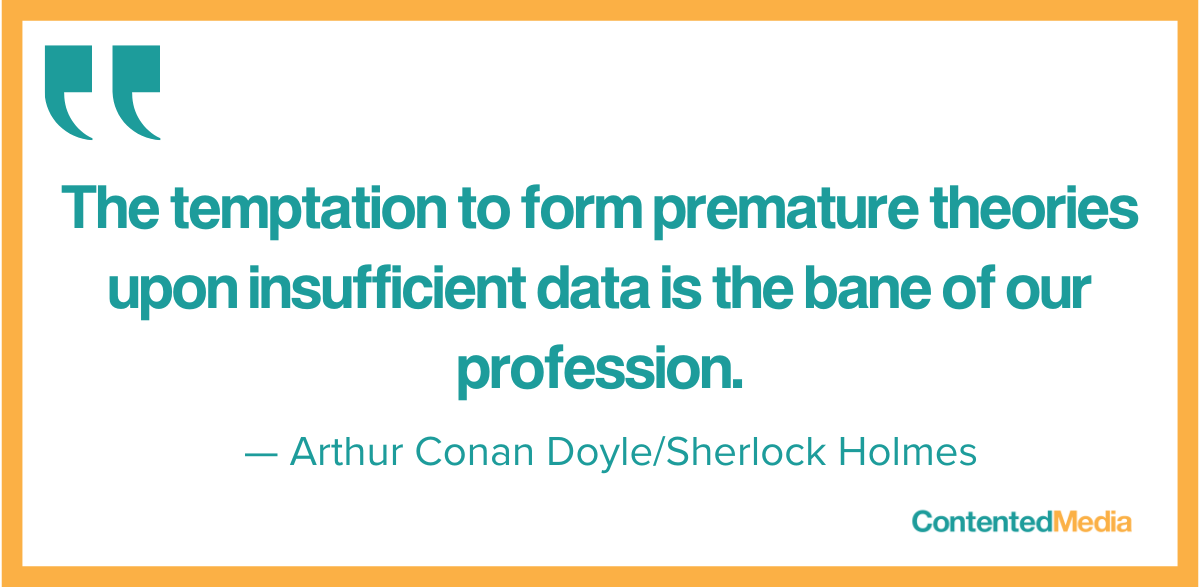
Demystifying Data Analytics: 8 Ways to Drive Marketing Success
In recent years, the marketing world has undergone a significant transformation, with data taking center stage. You don’t need to be a marketing expert to grasp its importance. This wealth of information provides a remarkable opportunity for marketers to harness the power of data analytics to understand customer behavior, refine campaigns, and achieve tangible business outcomes. However, for many business owners, diving into the realm of analytics can seem overwhelming.
The good news is that analytics isn’t a mystical art; it’s a skill that can be acquired. It does require some experience and the ability to interpret data to construct a meaningful narrative that offers actionable insights into your marketing performance. Familiarity with data collection tools and the ability to identify trends and meaningful metrics are also crucial.
While you might not want to become a data expert, a foundational understanding can significantly enhance your ability to comprehend the reports presented by your team or marketing agency.
Here are eight practical tips on how to leverage data to gain insights and enhance your marketing campaigns, explained in a way that’s accessible to non-experts:

1. Define Your Goals: Start by clearly defining your marketing goals. These goals serve as your roadmap and give your data analysis efforts purpose. Without a goal, your data lacks direction and meaning.
Whether it’s increasing brand awareness, driving website traffic, or boosting conversions, clearly defining your goals and objectives will help you measure your campaign’s success (or lack thereof) and take steps to improve it.

2. Identify Key Performance Indicators (KPIs): KPIs are numerical values that measure the success of your campaigns. These should align with your marketing objectives. For instance, if you aim to increase website conversions, relevant KPIs might include conversion rates, average order values, or bounce rates (the rate at which visitors leave your site without taking action).
Identifying the most relevant KPIs will help you track and measure your progress and tell you whether your campaign is heading in the right direction.

3. Clean and Organize Your Data: Ensure your data is accurate and organized by removing duplicates, inaccuracies, and inconsistencies. Messy data can hinder your analysis efforts.
Using data cleansing tools to identify inaccurate or irrelevant data is a proper data management practice that will help ensure data integrity and reliability.

4. Analyze and Interpret the Data: Visualize your data using tools like Google Data Studio to create easy-to-understand dashboards. Look for patterns and trends that can guide your marketing strategies.
Avoid the trap of confirmation bias: Read what the data tells you, not what you want or expect.

5. Test and Optimize: Marketing analytics is an ongoing process. Utilize A/B testing to experiment with different variations of your campaigns. Analyze the data to determine what resonates best with your target audience and make data-driven decisions to optimize your efforts.

6. Create Personalized Experiences: Leverage data analytics to understand your customers on a deeper level. Data isn’t just numbers; it reveals your customers’ behaviors, preferences, and needs. Use segmentation and profiling to tailor messages, offers, and recommendations for personalized experiences.

7. Monitor and Track Progress: Monitor your KPIs regularly to evaluate your marketing performance. Set up automated reports or dashboards for real-time tracking. This enables you to adapt strategies, seize new opportunities, and address challenges promptly.

8. Stay Updated and Innovate: The analytics and digital marketing fields evolves rapidly. Stay informed about the latest trends, tools, and techniques to maximize the potential of your data and keep your marketing efforts competitive. Embrace innovation, including technologies like artificial intelligence and machine learning.
Demystifying analytics is a crucial step in unlocking the true potential of your marketing endeavors. By setting clear goals, identifying relevant KPIs, maintaining clean data, and effectively analyzing it, you can make informed decisions and achieve marketing success, even without being a marketing expert.


 Current clients. Your blog can keep them informed in areas of interest, answer common questions, and provide valuable content relevant to them.
Current clients. Your blog can keep them informed in areas of interest, answer common questions, and provide valuable content relevant to them.
Recent Comments